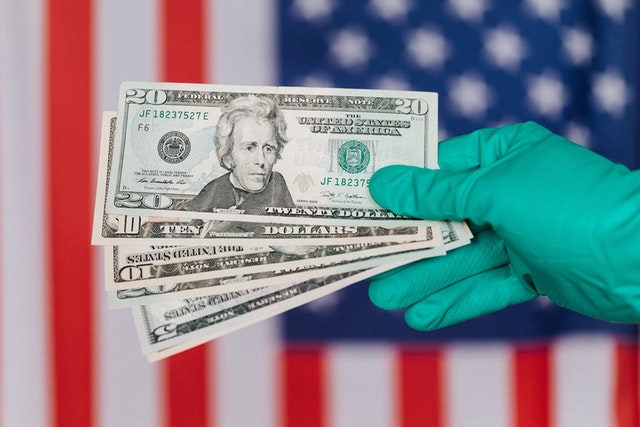Medical debt is any debt incurred as a result of medical treatment. This can include bills for doctor’s visits, hospital stays, surgeries, prescription drugs, and medical equipment.
 It can also include long-term debts such as medical loans or medical insurance premiums. Medical debt is often one of the most stressful types of debt to deal with, as it can be unexpected and difficult to pay off. Many people struggle to pay medical bills, even with health insurance. As a result, medical debt is a major financial burden for many families.
It can also include long-term debts such as medical loans or medical insurance premiums. Medical debt is often one of the most stressful types of debt to deal with, as it can be unexpected and difficult to pay off. Many people struggle to pay medical bills, even with health insurance. As a result, medical debt is a major financial burden for many families.
If you are struggling to pay medical bills, there are several options available to help you get out of debt. You can contact your doctor or hospital to negotiate a payment plan, apply for financial assistance, or consolidate your medical debt into a single loan. There are also many charities and non-profit organizations that can help you pay off medical debt. If you are struggling with medical debt, don’t hesitate to seek help. There are many resources available to help you get out of debt and get back on track financially.
Medical debt is often one of the biggest factors dragging down people’s credit scores. But that may soon change, as major credit reporting agencies have announced that they will begin removing medical debt from credit reports.
This is a major victory for consumer advocates, who have long argued that medical debt is unfairly penalizing people with good credit. It’s also a sign that the credit industry is starting to recognize the unique nature of the medical debt.
Medical debt is often different from other types of debt, such as credit card debt or loans. First of all, it’s often incurred unexpectedly, due to an accident or illness. Secondly, it’s often very difficult to negotiate with hospitals and other medical providers on payment terms.
As a result, medical debt is often much more difficult to pay off than other types of debt. And even people who do eventually pay off their medical debt may find that it has severely damaged their credit score in the meantime.
The good news is that the three main credit reporting firms, Equifax, TransUnion, and Experian, will no longer include medical debt that has been paid off after it went to collections on credit reports. Previously, this would remain on credit reports for seven years. The credit bureaus will also not include any medical debt under $500 that has been sent to collections. Consumers will now have a year after debt gets sent to collections before it shows up on their credit profile. This much-needed change will eliminate around 70% of medical debt from credit reports.
This is a huge relief for consumers, especially those who have been struggling to pay off medical debt. It also provides a much-needed level of fairness to the credit scoring system.
Related Posts: